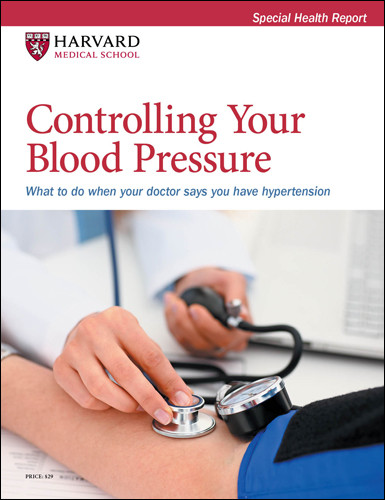Cannabis: A cardiovascular concern?
Using marijuana appears to heighten the risk of heart-related problems, but questions remain.
- Reviewed by Christopher P. Cannon, MD, Editor in Chief, Harvard Heart Letter; Editorial Advisory Board Member, Harvard Health Publishing

Smoking marijuana was once a shady, secretive practice. But the stigma surrounding the drug (also known as cannabis) has started to fade, now that medical and recreational use is legal in many states. Cannabis use is on the rise — including among people in their 60s, 70s, and beyond.
"Doctors are trained to ask their patients about marijuana use. But we're still somewhat in the dark about how to educate them about using it safely," says Dr. Zara Latif, a third-year internal medicine resident at Harvard-affiliated Beth Israel Deaconess Medical Center. That's mainly because cannabis remains illegal at the federal level, which has restricted research on the drug. But change is afoot: the Medical Marijuana and Cannabidiol Research Expansion Act, which seeks to support research on the health effects of cannabis, was signed into law in December 2022.
Research uncertainties
For now, most of what we know about cannabis and health comes from observational and case studies that rely on people to report their marijuana use. But frequency and dosage levels are hard to assess with any accuracy, especially among people who use the drug recreationally. Accordingly, much about marijuana's effects — including its impact on the heart — remains unclear, says Dr. Latif, who co-authored a 2020 review in the Journal of Clinical Medicine about cardiovascular problems linked to marijuana use.
Levels of active components vary widely among different strains of marijuana, and the plant can be as much as 10 times more potent today than it was in the past. In addition, cannabis is now available in a wide array of forms, which are mainly smoked or consumed as foods (called edibles).
It's also important to recognize that cannabis contains more than 500 chemicals. Some may affect the enzymes in your liver that help metabolize your medications, thereby either raising or lowering the blood levels of any or all of your prescribed drugs, including those you take for heart disease, Dr. Latif adds.
Cannabis and your heart
Cannabis is known to increase heart rate and blood pressure, although high doses can have the opposite effect. Marijuana use has been implicated in causing heart attacks, especially in young men with no other risks for heart disease.
There are also case studies of marijuana use triggering heart rhythm disorders such as atrial fibrillation, as well as stress cardiomyopathy, in which a sudden surge of adrenalin causes heart muscle damage, leading to chest pain and breathlessness. Arteritis (inflammation of the walls of an artery that limits blood flow) also has been reported following high-dose cannabis use.
Daily marijuana users were about 34% more likely to develop coronary artery disease compared with people who've never used the drug, according to a study presented at the American College of Cardiology's annual conference, in March 2023. (The findings have not been published in a peer-reviewed journal, however.) And cannabis users had between 17% and 24% more strokes than people who did not use the drug, according to a 2022 statement on brain health from the American Heart Association (AHA).
Emergency department evidence
In 2021, a Canadian study found higher rates of emergency room visits and hospitalizations for serious cardiovascular problems (including heart attacks and strokes) among people who were authorized to use cannabis for a medical condition. Likewise, hospitalizations and emergency department visits for heart attacks have risen in states where cannabis is legal, the AHA says. In a 2023 study, nearly half of the people who showed up in an Amsterdam emergency department with self-reported cannabis intoxication had heart-related problems, including palpitations, chest pain, and fainting.
The bottom line
Given the uncertainties about how the dose, frequency, and formulation of cannabis may affect a specific person, it's hard to give blanket advice about safe cannabis use, says Dr. Latif. "But I tell my patients about the potential heart dangers so they can make an informed choice," she says.
The AHA's advice? Anyone who's using cannabis or considering it should "proceed with extreme caution."
Image: © skodonnell/Getty Images
About the Author

Julie Corliss, Executive Editor, Harvard Heart Letter
About the Reviewer

Christopher P. Cannon, MD, Editor in Chief, Harvard Heart Letter; Editorial Advisory Board Member, Harvard Health Publishing
Disclaimer:
As a service to our readers, Harvard Health Publishing provides access to our library of archived content. Please note the date of last review or update on all articles.
No content on this site, regardless of date, should ever be used as a substitute for direct medical advice from your doctor or other qualified clinician.
















